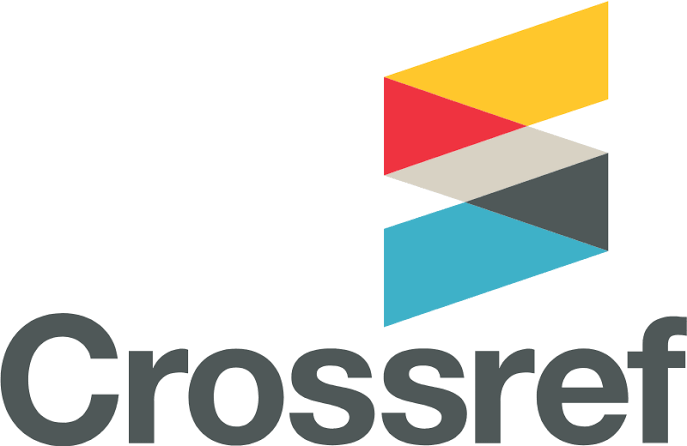TERTIARY EDUCATION AND FUNDING IN NIGERIA
DOI:
https://doi.org/10.59795/m.v2i3.198Keywords:
tertiary education, higher education funding, Nigeria, sustainability, public-private partnership, scholarships, internally generated revenueAbstract
Tertiary education is central to Nigeria’s social and economic progress, yet chronic underfunding has limited its effectiveness in teaching, research, and innovation. This chapter examines the major sources of funding for tertiary education in Nigeria, discusses the benefits of adequate financial support, and identifies persistent challenges such as insufficient budgetary allocation, poor accountability, corruption, insecurity, and limited private sector participation. Sustainable funding strategies—including increased government investment, public-private partnerships, scholarships and loan schemes, transparent cost-sharing mechanisms, and diversified revenue streams—are proposed. The chapter concludes that the success of Nigeria’s tertiary education system depends on coordinated policy reforms, accountability in financial management, and collaboration among government, institutions, and the private sector.
Downloads
Published
How to Cite
Issue
Section
License
Copyright (c) 2025 Multi-Disciplinary Research and Development Journals Int'l

This work is licensed under a Creative Commons Attribution-NonCommercial-NoDerivatives 4.0 International License.












